Ginkgo Biloba Capsules
₨ 1,700
Super Grow Ginkgo Biloba Capsules combine the powerful benefits of Ginkgo Biloba extract and Bacopa Monnieri extract to support brain health, improve memory, and enhance mental clarity. These natural herbal extracts work synergistically to promote cognitive function, reduce mental fatigue, and support overall mental wellness. Ideal for boosting focus, concentration, and memory retention, this supplement is perfect for anyone seeking sharper mind and improved cognitive performance.
- Vegan
- Non GMO
- Gluten Free
- No Harmful Chemicals
- 100% Product Satisfaction Guarantee
- Made With 100% Natural Ingredients
-500mg-
Benefits
Enhanced Cognitive Function:
- Improves memory, focus, and mental clarity.
- May help in managing symptoms of cognitive decline and support overall brain health.
Improved Blood Circulation:
- Promotes healthy blood flow, particularly to the brain, enhancing oxygen and nutrient delivery.
- Supports cardiovascular health by maintaining healthy blood vessel function.
Antioxidant Properties:
- Rich in flavonoids and terpenoids, which help neutralize harmful free radicals.
- Protects cells from oxidative stress and damage, potentially reducing the risk of chronic diseases.
Mood and Anxiety Support:
- May help reduce symptoms of anxiety and stress.
- Has adaptogenic properties that promote a sense of well-being and emotional balance.
Eye Health:
- Supports vision and eye health by improving blood flow to the eyes.
- May help manage conditions like glaucoma and age-related macular degeneration (AMD).
Dosage
As a dietary supplement for adults take one capsule twice a day preaferably after meal or as directed by physician.
Precautions
Bleeding disorders:
Ginkgo might make bleeding disorders worse. If you have a bleeding disorder, don’t use ginkgo.
Surgery:
Ginkgo might slow blood clotting. It might cause extra bleeding during and after surgery. Stop using ginkgo at least 2 weeks before a scheduled surgery.
Pregnancy:
Ginkgo is possibly unsafe when taken by mouth during pregnancy. It might cause early labor or extra bleeding during delivery if used near that time.
Warning
Do not use if seal is broken.
Storage
Store in a cool, dry place
Keep out of sight and reach of children
Additional information
| Quantity | 90 Cap |
|---|

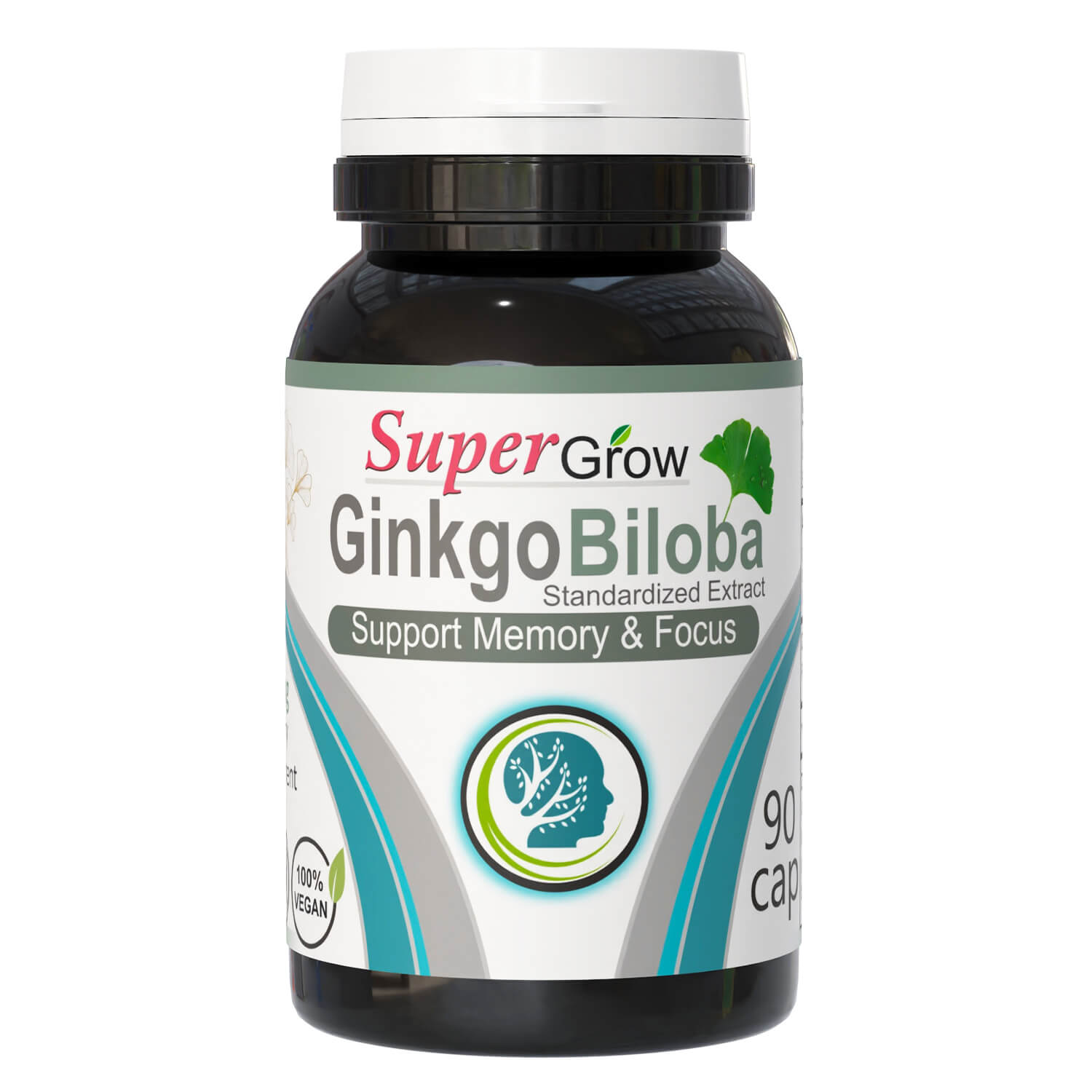





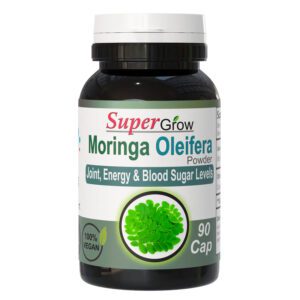
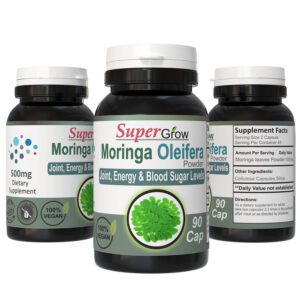

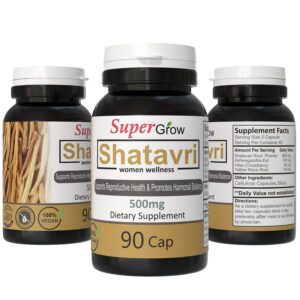


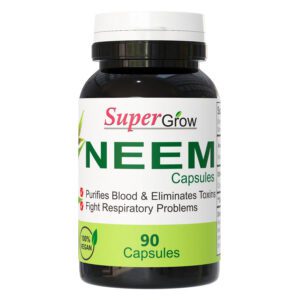

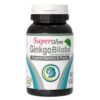
Reviews
There are no reviews yet.